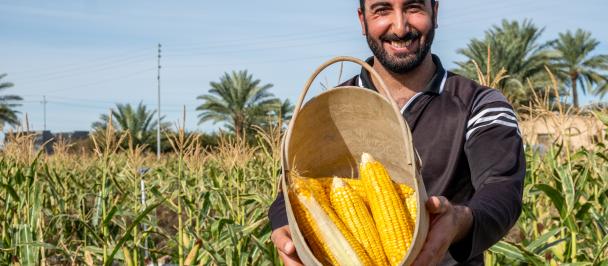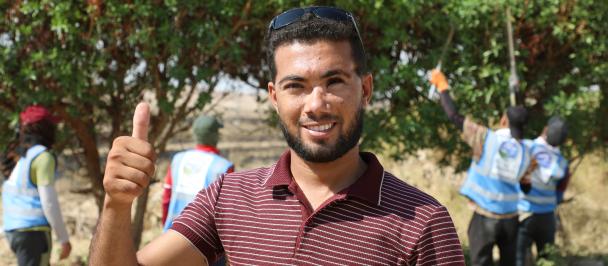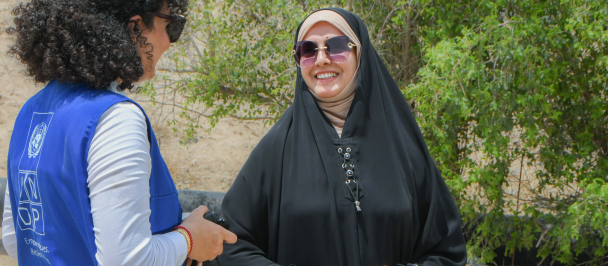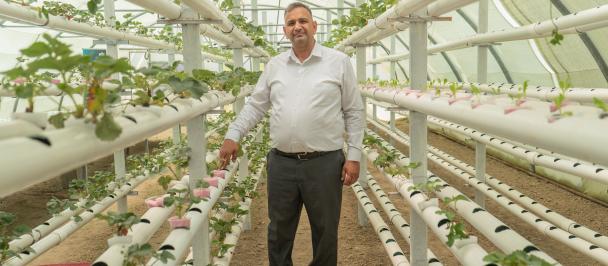Iraq Signs Landmark Agreement to Tackle Organic Pollutants and Manage Chemical Pollutions
he Ministry of Environment (MoENV) and the United Nations Development Programme (UNDP) officially signed a landmark agreement to launch the Integrated Persistent Organic Pollutants (POPs) and Chemical Hotspots Management Project.

 Locations
Locations







































